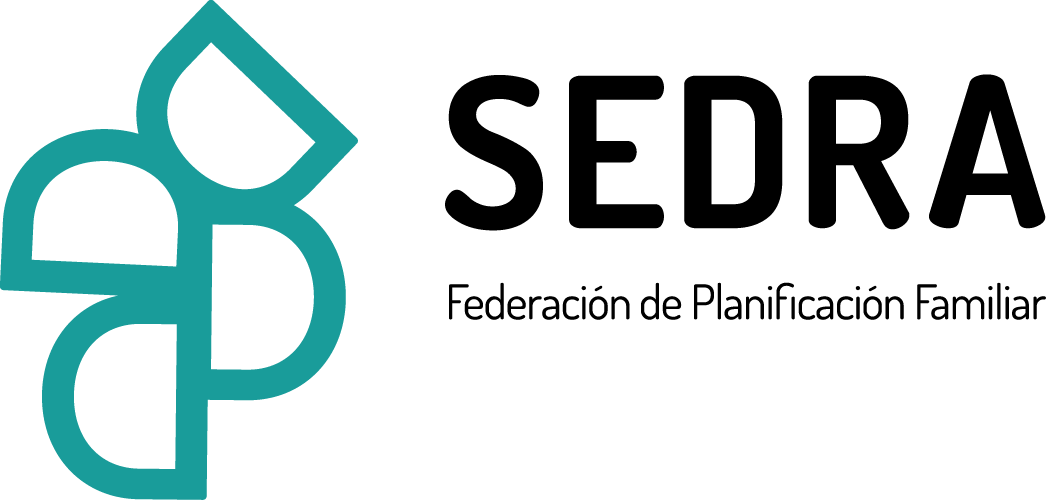

| 31 March 2016
Federación de Planificación Familiar de España
It is a non-governmental organisation that works for the full exercise of sexual and reproductive rights of all people, with special attention to women and groups that are in a situation of temporary or permanent vulnerability: young people, migrant people or people with disabilities, among others. In addition to working to ensure that laws and social norms promote respect for sexual diversity, bodily autonomy and the experience of sexuality without coercion or other types of violence, the FPFE provides services related to sexual health and sexuality. These services are aimed primarily at vulnerable groups and include information, counselling and accompaniment both from our centres, including youth centres, and in alliance with public and private entities throughout the country. SEDRA-FPFE is made up of associations and individuals.

| 31 March 2016
Fianakaviana Sambatra, Madagascar
Relative to much of Africa, Madagascar has high levels of contraceptive use, but high birth rates coupled with endemic poverty and limited government-led sexual and reproductive health (SRH) provision mean that child mortality and maternal death figures are high. Fianakaviana Sambatra (FISA) has been fighting since 1967 to improve the nation’s SRH through advocacy, education and direct service provision. Currently, it runs 67 service points, including: 11 permanent clinics, 3 mobile units and 12 community-based services (CBSs), across 6 of the country’s regions. FISA works with 5 associated clinics and 29 private practitioners. FISA has 70 full-time staff, 184 peer educators, and a youth action movement made up of 42 members. FISA delivers a wide range of services: family planning, prevention and management of HIV and the provision and dissemination of comprehensive SRH materials. FISA has used its on-the-ground experience to advise government on national SRH policy. It has partnered with the Ministry of Health, Family Planning and Social Protection, and the Ministry of Youth to advocate for a concerted approach to resolving the critical SRH issues currently facing the country. At the same time, it works with non-governmental organizations (NGOs) such as Marie Stopes International, and the ASSONG coalition of NGOs. FISA receives financial support from UNFPA, the Big Lottery Fund, Amélioration de la Qualité De Services, the EU and IPPF’s Japan Trust Fund. It’s also closely connected to other organizations promoting SRH rights across the country and the region.







